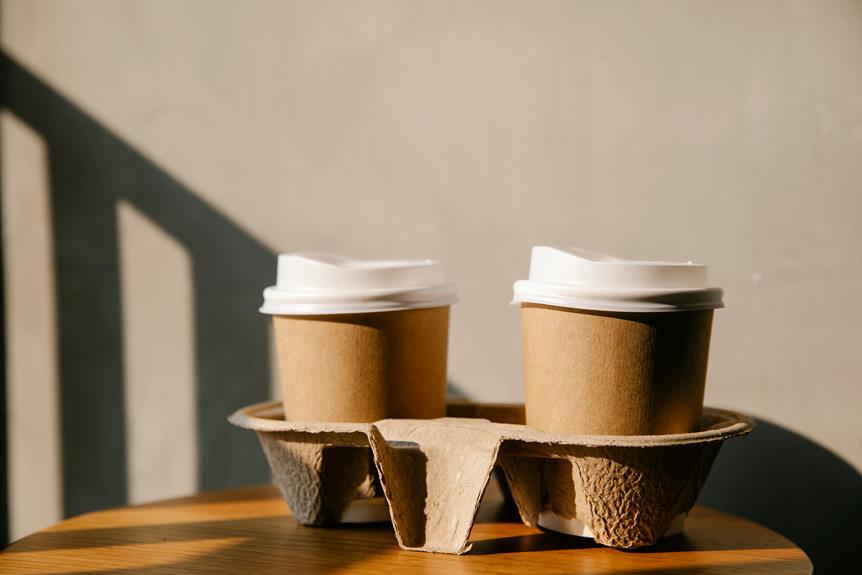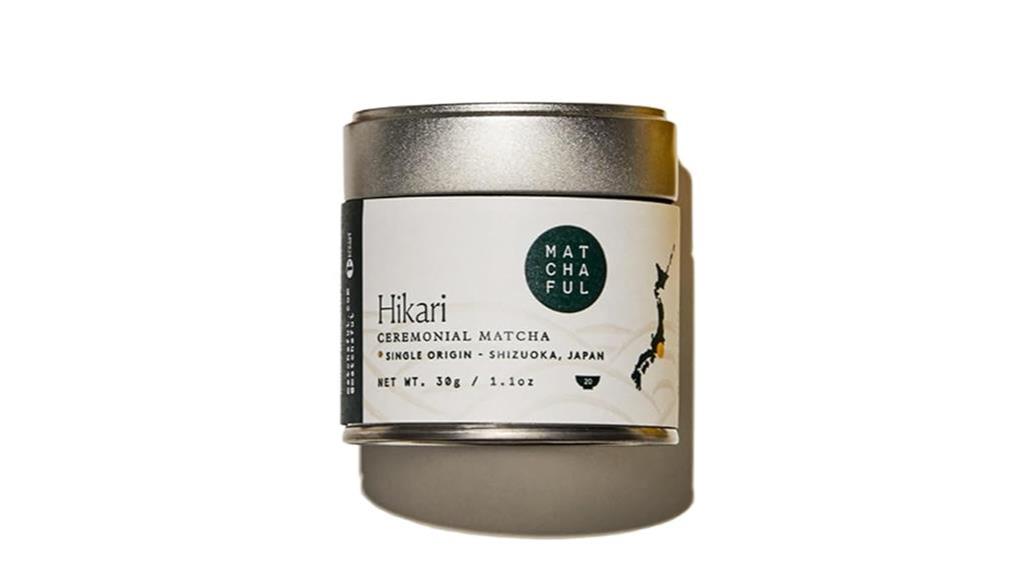

What does matcha taste like? This question has intrigued
What Does Matcha Taste Like: A Flavor Journey
When you first sip matcha, you’ll encounter a unique taste experience that’s both intriguing and complex. But what does matcha taste like exactly? The flavor profile of matcha is often described as:
- Earthy
- Slightly bitter
- Grassy
- Subtly sweet
- Umami-rich
This combination of flavors creates a harmonious balance that sets matcha apart from other teas. The taste is more robust than regular green
The Unique Flavor Profile of Matcha
To truly understand what does matcha taste like, it’s essential to break down its flavor components:
- Earthiness: The foundation of matcha’s taste is its earthy undertones, reminiscent of freshly cut grass or steamed greens.
- Bitterness: A slight bitterness is present, but it’s not overwhelming in high-quality matcha. This bitterness adds depth to the overall flavor profile.
- Sweetness: Despite its reputation for bitterness, matcha has a natural sweetness that becomes more apparent as you continue to sip.
- Umami: This savory taste, often described as the fifth taste, is prominent in matcha and contributes to its complex flavor.
- Creaminess: When properly prepared, matcha has a smooth, creamy texture that enhances its overall taste experience.
Understanding these components helps answer the question, “What does matcha taste like?” and allows you to appreciate its complexity fully.
Factors Affecting Matcha’s Taste
Several factors influence what does matcha taste like, including:
- Quality: Higher-grade matcha tends to have a smoother, more balanced flavor.
- Processing: The way matcha is grown, harvested, and processed affects its taste.
- Preparation: The water temperature, whisking technique, and matcha-to-water ratio all impact the final flavor.
- Freshness: Like any
tea , fresher matcha will have a more vibrant taste. - Origin: Matcha from different regions may have slight variations in flavor due to soil and climate differences.
What Does Matcha Taste Like Compared to Regular Green Tea ?
When exploring what does matcha taste like, it’s helpful to compare it to regular green
- Intensity: Matcha has a more concentrated flavor due to consuming the whole leaf.
- Texture: Matcha is creamier and more full-bodied than steeped green
tea . - Sweetness: The natural sweetness in matcha is often more pronounced than in regular green
tea . - Bitterness: While both can be bitter, high-quality matcha balances this with sweetness and umami.
- Aftertaste: Matcha often leaves a lingering sweet and vegetal aftertaste.
Pairing Matcha: Enhancing Its Flavor
Understanding what does matcha taste like helps in pairing it with foods that complement its flavor:
- Sweet treats: The earthiness of matcha pairs well with sweet desserts like chocolate or fruit-based pastries.
- Savory dishes: Matcha’s umami notes make it a great companion to savory foods like sushi or light salads.
- Dairy: The creamy texture of matcha complements milk-based products, explaining its popularity in lattes.
- Nuts: The earthy flavor of matcha pairs well with various nuts, enhancing both tastes.
- Fruits: Certain fruits, especially berries, can balance and enhance matcha’s flavor profile.
Ceremonial vs. Culinary Grade: Taste Differences
When exploring what does matcha taste like, it’s important to note the differences between ceremonial and culinary grades:
Ceremonial Grade:
- Smoother, more delicate flavor
- More balanced sweetness and umami
- Less bitter
- Ideal for drinking straight
Culinary Grade:
- Stronger, more robust flavor
- More pronounced bitterness
- Better suited for cooking and baking
- Often used in lattes and smoothies
Common Misconceptions About Matcha Taste
There are several misconceptions about what does matcha taste like:
- It’s always bitter: While matcha can have a slight bitterness, high-quality matcha is balanced with sweetness and umami.
- It tastes like regular green
tea : Matcha has a more complex and intense flavor profile than steeped greentea . - It needs sweeteners: Good quality matcha has a natural sweetness and doesn’t necessarily require additional sweeteners.
- All matcha tastes the same: The taste can vary significantly based on quality, origin, and preparation method.
- It’s an acquired taste: While some may need time to appreciate matcha’s complexity, many enjoy it from the first sip.
Preparing Matcha for Optimal Flavor
To fully experience what does matcha taste like, proper preparation is key:
- Use the right water temperature: 70-80°C (158-176°F) is ideal.
- Sift the matcha powder to avoid clumps.
- Use the correct matcha-to-water ratio: typically 1-2 teaspoons per 60-80ml of water.
- Whisk properly: Use a bamboo whisk in a “W” motion to create a smooth, frothy texture.
- Experiment with different preparation methods to find your preferred taste.
Conclusion: Embracing the Unique Taste of Matcha
So, what does matcha taste like? It’s a complex, nuanced flavor that combines earthiness, subtle sweetness, and umami in a harmonious blend. Whether you’re a long-time matcha enthusiast or new to this green
Remember, the taste of matcha can vary based on quality, preparation, and personal preference. Don’t be afraid to experiment with different grades and preparation methods to find the matcha experience that suits your palate best.
As you continue your matcha journey, you’ll likely discover new nuances in its flavor, deepening your appreciation for this remarkable green






Great post! Your detailed breakdown of matcha’s flavor profile highlights. I love how you explained the balance of earthiness, umami, and subtle sweetness, as well as the importance of preparation techniques in bringing out these nuances. It’s also helpful to see the comparison between ceremonial and culinary grades, which clarifies when to use each. This guide is perfect for both beginners and seasoned matcha lovers. Thanks for sharing such an informative piece!